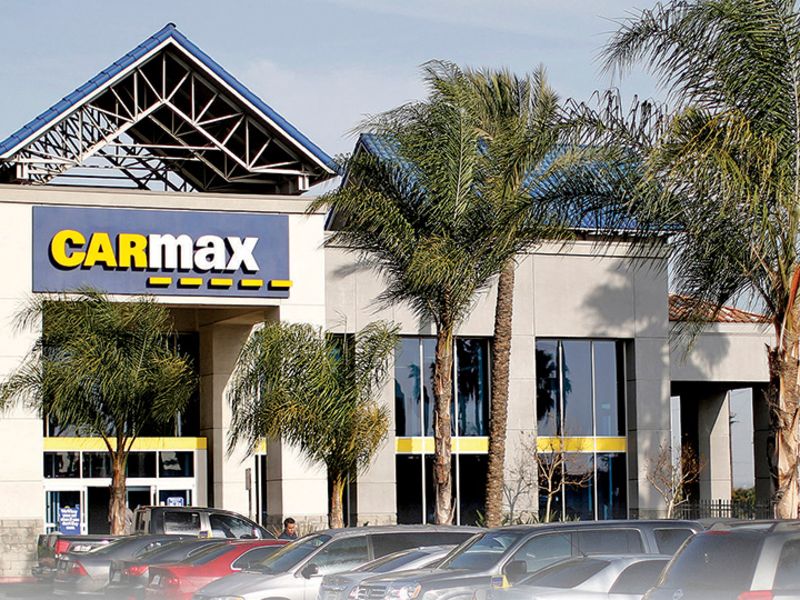
As part of its quest to be at the leading edge of digital retailing, CarMax will take vehicle-listings and research company Edmunds — and a joint instant appraisal-and-offer tool the companies have launched — completely under its control.
CarMax CEO Bill Nash called out that tool last week when talking about why the used-vehicle retailer’s investment in Edmunds had been fruitful. CarMax took a $50 million minority stake in Edmunds in January 2020 and last week announced it would fully acquire the company.
Edmunds introduced and tested the offer tool on its website in June, and CarMax completed its rollout on its own site in February.
“Early response has been strong with online buyers quickly exceeding our expectations, providing us with a clear pathway to become the largest online buyer of used autos from consumers,” Nash said last week as CarMax also announced higher revenue but lower earnings for its fiscal fourth quarter.
Nash later said CarMax already is the overall largest buyer of used vehicles from consumers in the U.S. But it has competition. Online used-vehicle startups such as Carvana Co. and Vroom are stepping up efforts to purchase vehicles directly from consumers, as are many large franchised dealership groups.
For CarMax, the Edmunds acquisition will help accelerate its own efforts on that front. The deal is expected to close in June. CarMax didn’t disclose the purchase price it is paying to buy the rest of Edmunds but it did say the cash-and-stock deal values Edmunds at $404 million.
After the closing, Edmunds will be reported as an operating unit in CarMax’s financial results. Edmunds had unaudited revenue of $140 million last year, according to CarMax.
Vehicle acquisition remains a strategic focal point for CarMax and its competitors as used-vehicle inventory tightens amid high demand.
Nash acknowledged that overall used-vehicle supply in the U.S. has dipped of late, but he said getting cars and trucks through the “appraisal lane”— meaning the online instant-offer tool — helps alleviate strained supply in other channels.
“Our focus with the online [buying] is to continue to drive as much as we can of buying vehicles right from the consumers,” Nash said. “And we see this as [having] the potential to really increase our self-sufficiency, which we think is a huge competitive advantage.”
CarMax has had anywhere from a 35 to 50 percent rate of self-sufficiency in the last five years, he said.
“I would expect this to take us to numbers that really are at historic highs, if not kind of breaking the ceiling, on self-sufficiency,” Nash said. “So our goal is to continue to see how far we can push that number on the north side.”
The company struggled with sale-ready inventory levels in its fiscal fourth quarter, which ended Feb. 28. Nash said the coronavirus pandemic and severe weather affected operations in the period.
He estimated that CarMax’s stock of sale-ready vehicles was down by about 20 percent at the end of the quarter compared with the year-earlier period. Overall inventory levels, however, were up year over year, Nash said.
“We have the capacity, and now it’s just a matter of getting the inventory back to our target [level],” he said.
CarMax saw big improvements in vehicle sales for March, Nash said, crediting that in part to tax refund and stimulus payments to consumers.
“It’s been a record month for us,” he said. “We sold more than 100,000 cars in the month of March for the first time in the company’s history.”